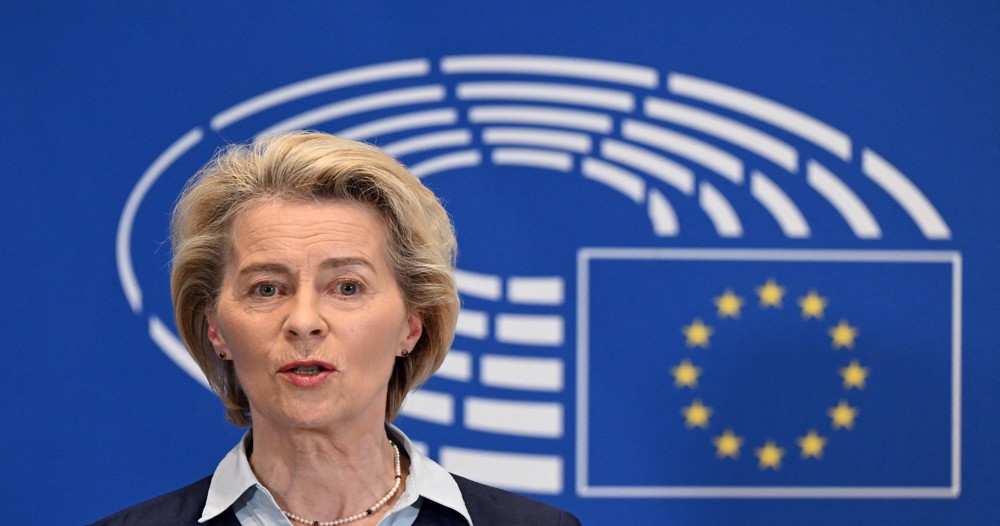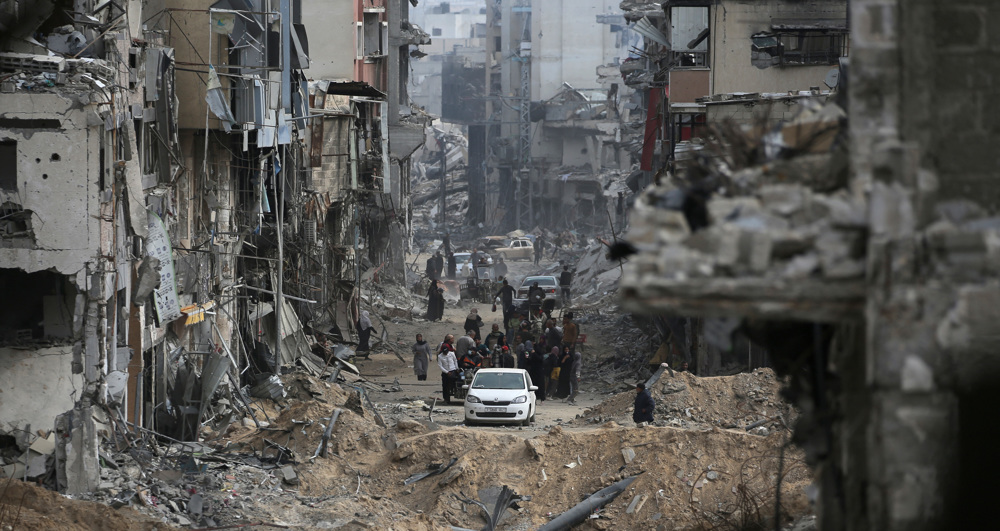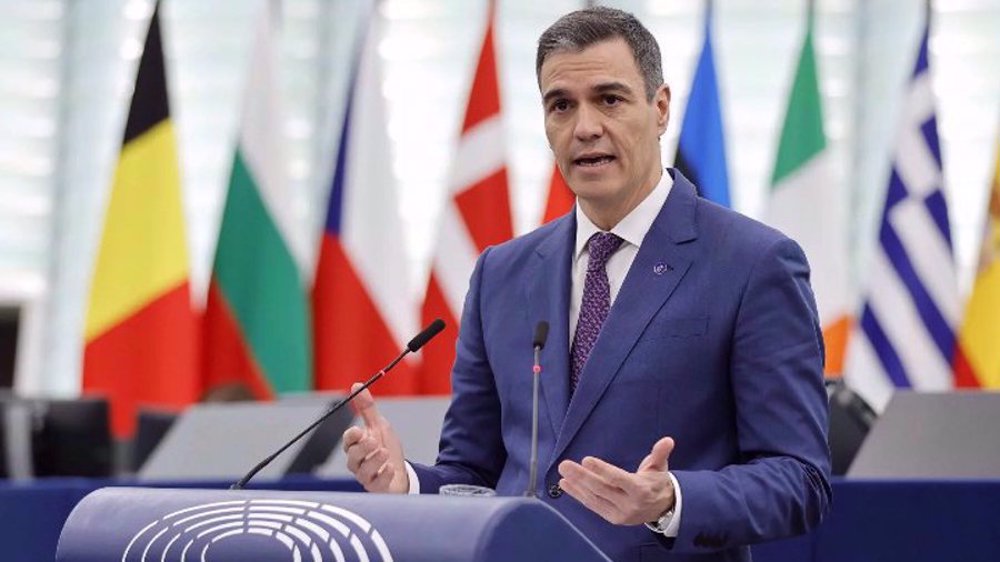Austria chancellor resigns after far-right election triumph
Austrian chancellor and ruling Social-Democratic party leader Werner Faymann has announced his resignation from both posts following the triumph by the far-right last month in the first round of presidential elections.
"I am giving up my role as party chief and federal chancellor," Faymann said on Monday in an afternoon appearance broadcast live on the Austrian Federal Chancellery website.
Faymann was chancellor since 2008.
The decision comes less than two weeks after his party's candidate came second-last in the first round of elections for the Austrian presidency.
Candidates from the two ruling parties failed to even make it to the run-off, which will be held on May 22. Candidates from the Social Democrats and Austrian People’s Party, which together form the ruling coalition government, each received about 11 percent of the votes.
A candidate from Austria’s far-right won most of the votes in the country’s presidential election on April 24. Norbert Hofer of the anti-immigration Freedom Party (FPÖ) secured 35 percent of the votes, but not enough to win the largely ceremonial post outright.
The victory has been seen as a big shake-up in Austrian politics as the country has had a president from the Social Democrats or the People’s Party since the end of the Second World War.

The election result is also a sign of rising anti-immigration sentiments in Europe, which has been strained under an influx of refugees from war- and conflict-hit countries in the Middle East and North Africa.
The FPÖ has been boosted by unease about the arrival last year of 90,000 refugees and asylum-seekers.
The Austrian governing coalition has been under particular pressure due to the refugee crisis.
More than 180,000 refugees have reached Europe via the Mediterranean Sea so far this year, while over 1,230 people died or went missing in their journey to the continent, according to the latest data by the International Organization for Migration (IOM).
Europe also faces a related security threat as European militants, who have been able to freely travel to conflict zones in the Middle East, are increasingly returning to their home countries to apply their terror tactics there.
Many blame major European powers for the unprecedented exodus of the refugees from their home countries, saying the European states’ policies have led to a surge in terrorism and war in the violence-hit regions, forcing people out of their homes.
Report: Israeli warplanes bomb positions in southwestern Syria, Iraq
US forces smuggle stolen Syrian oil into bases in Iraq: Report
VIDEO | Press TV's news headline
Situation normal after air defenses fire at 'suspicious objects' in Iran
‘Iran retaliation against Israel ensured no aggression would go unanswered’
US vetoes Palestinian request for full UN membership
Iran sufficed to strike only part of Israel’s military positions: FM to UN chief
IRGC: Israel’s Dimona nuclear reactor not among Op. True Promise’s targets














 This makes it easy to access the Press TV website
This makes it easy to access the Press TV website